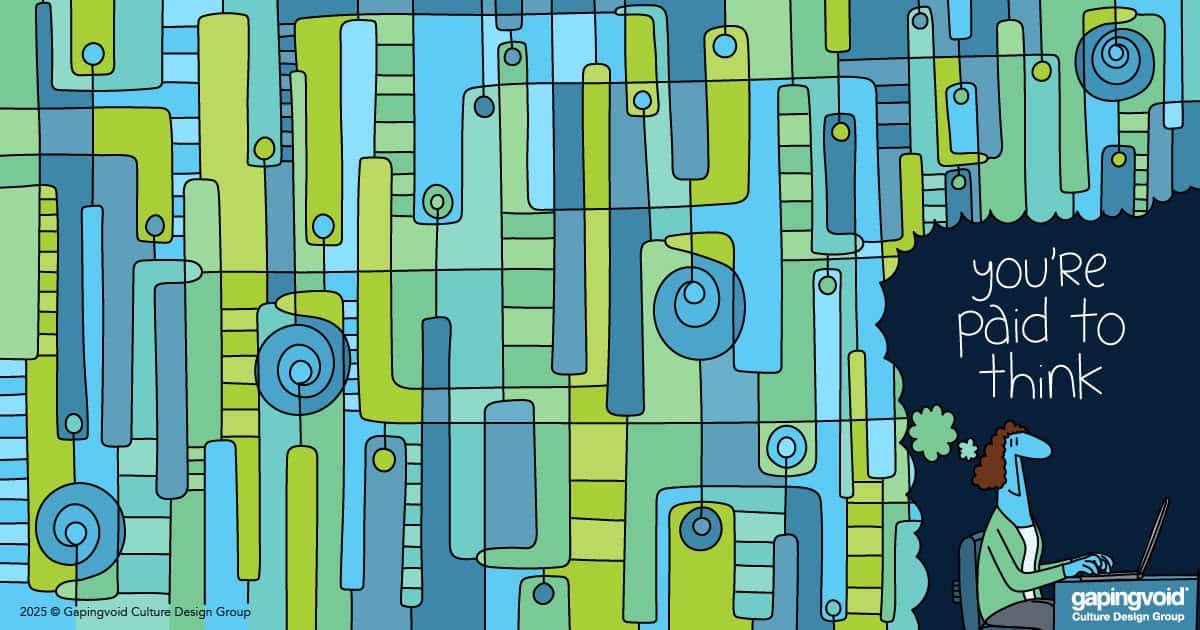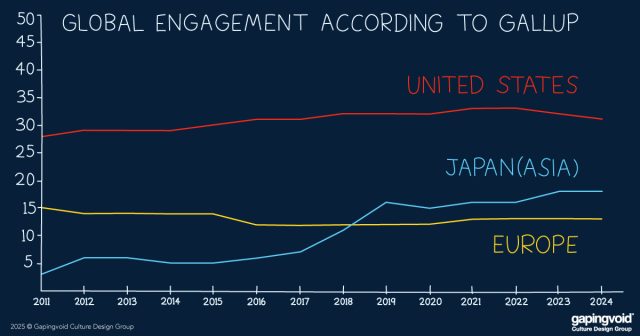
In 1977, economists noticed something strange in the Netherlands. The discovery of natural gas had made the country rich. Really rich. But the wealth was eating the nation from the inside out.
They called it the “Dutch Disease,” first coined by The Economist magazine – when a country gets too rich, too quickly from a single industry.
They discovered large natural gas fields off the shore of the Netherlands in the 1950s and 60s, and suddenly money started flooding into the Dutch economy.
So naturally, people started getting in on the action. Anyone who was anyone started investing in Dutch gas.
Why invest in other industries, say, manufacturing, when the returns on Natural Gas were so much higher? So they didn’t and other industries went into decline over time.
The pattern repeats everywhere wealth flows too easily: London’s financial district after Margaret Thatcher deregulated banks, Saudi oil fields, Vancouver real estate. Dublin with US asset parking. The money comes fast. Innovation slows. Other industries wither.
Soon you have a two-speed society: those riding the wave, and everyone else paying inflated prices with deflated opportunities.
(Now, the UK financial sector is doing great but the rest of the country’s GDP is currently on par with the poorest State in the U.S., Mississippi.) The Netherlands have a similar problem outside of their gas gig.
It’s a story as old as time. Easy money sure feels nice at the time, but the downside is that it makes it too easy to quit having to actually think.
One of the things that made Churchill such a great leader at the time, was that he didn’t have the luxury of good fortune.
Leaders can learn a lot from that.
Success and autopilot don’t mix.



